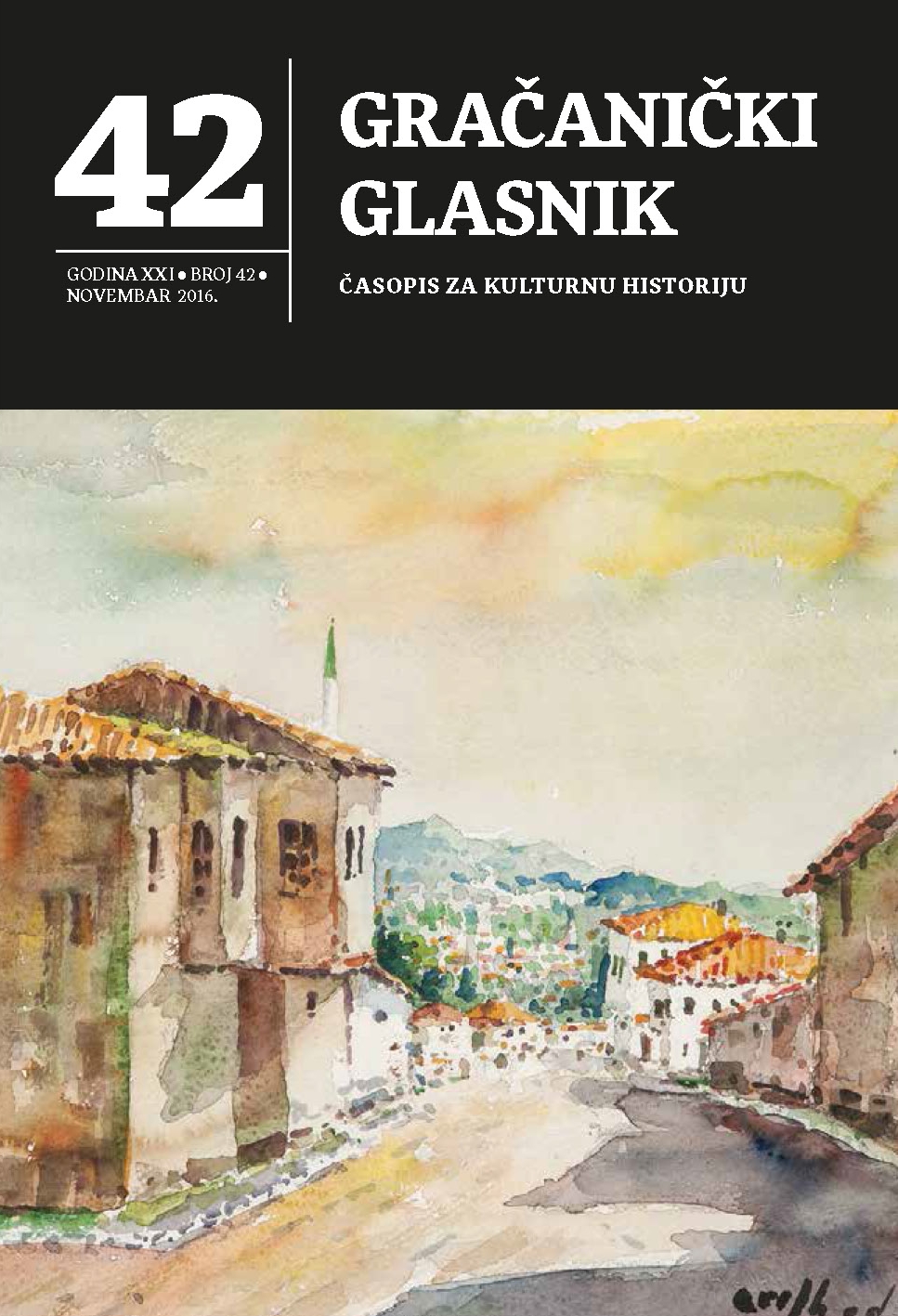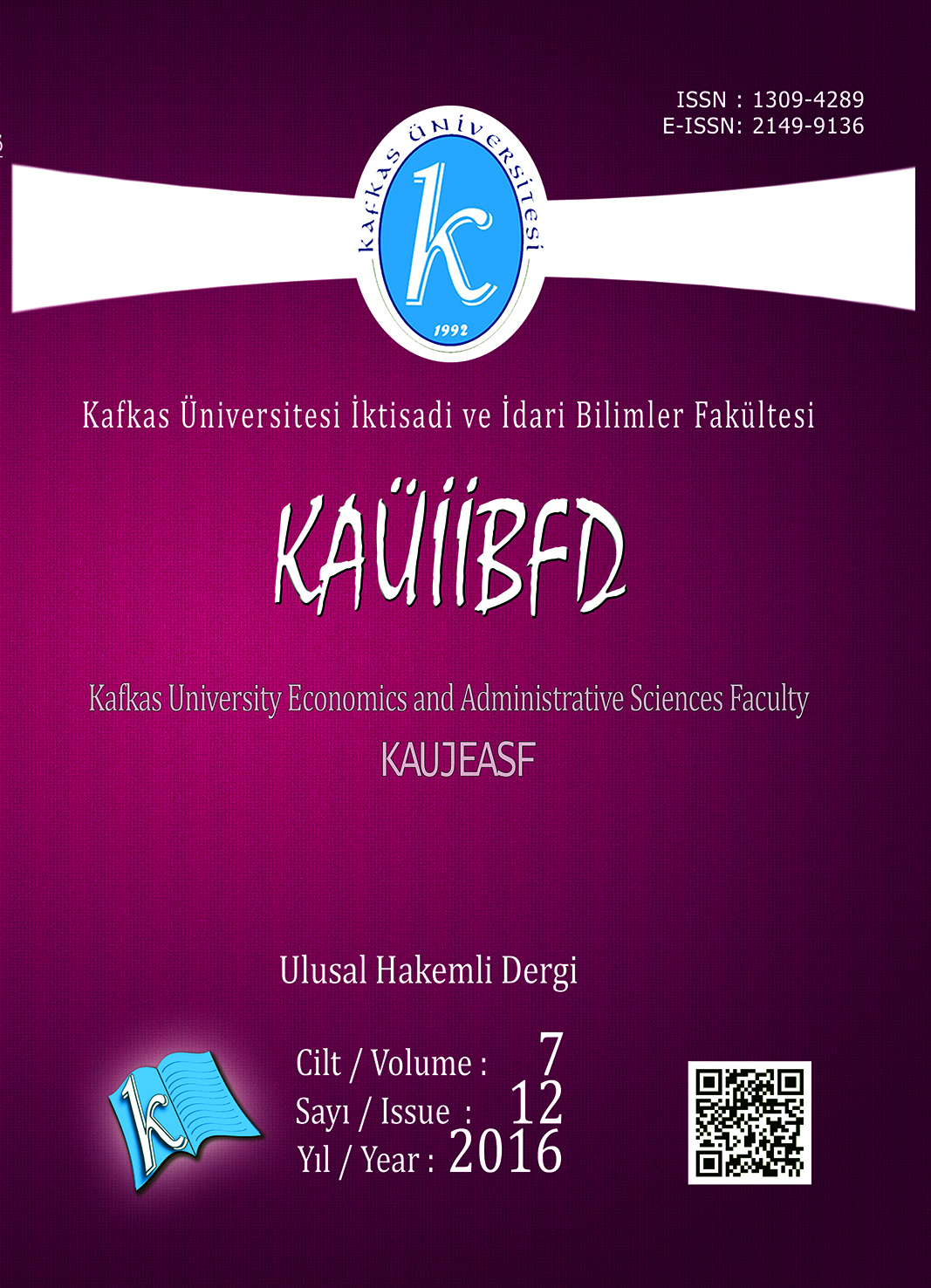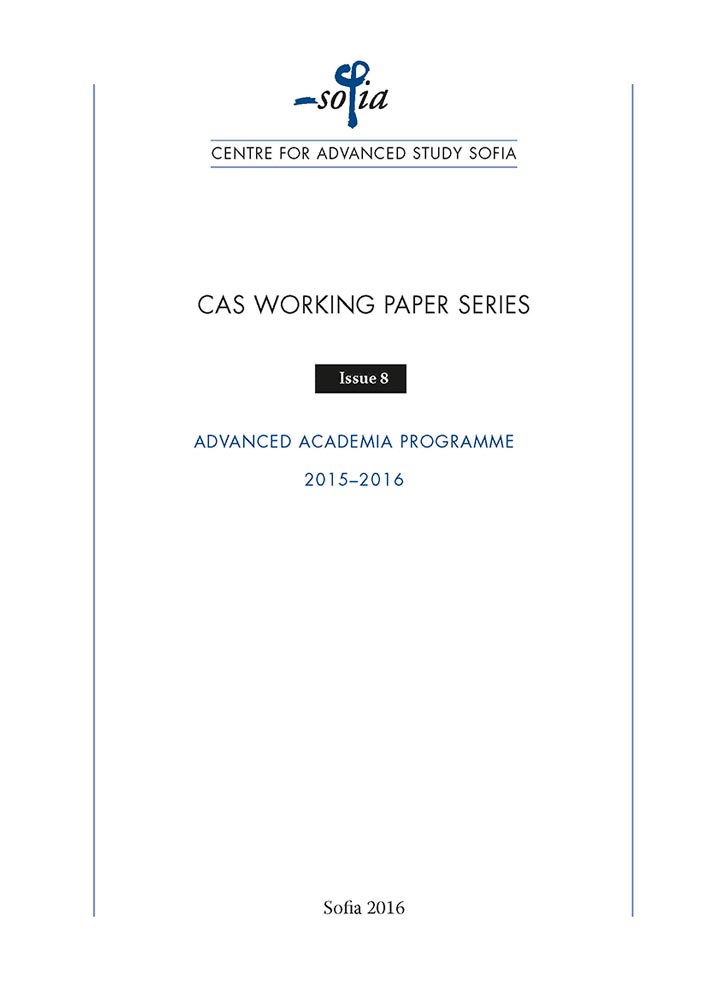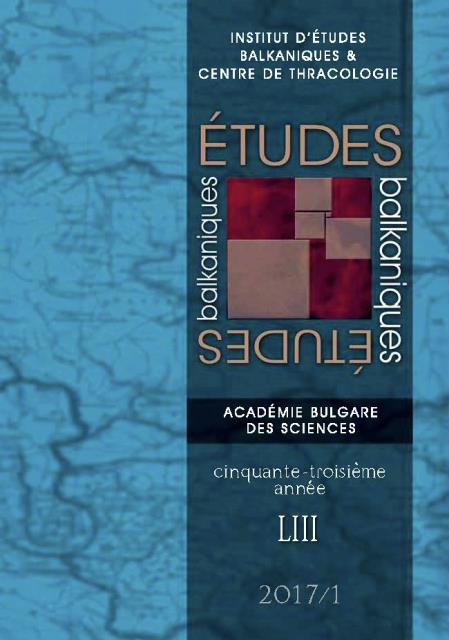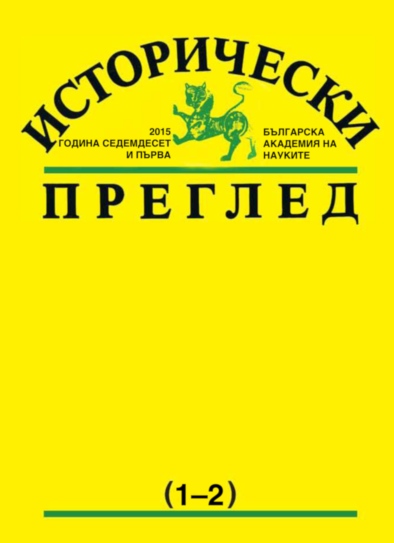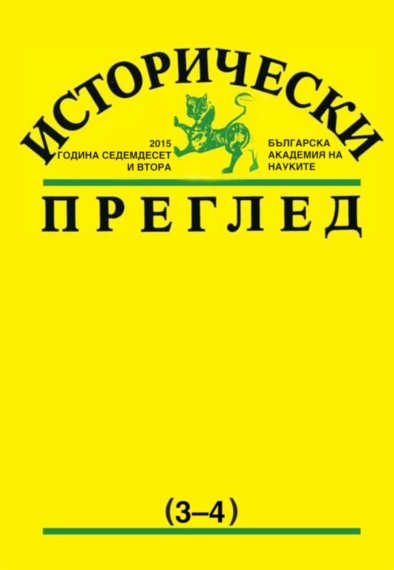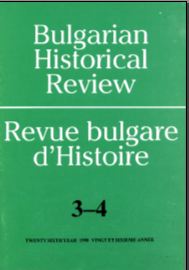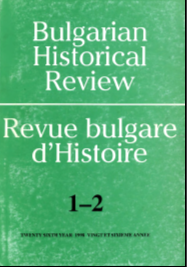Author(s): Muharrem Yildiz / Language(s): Turkish
Issue: 13/2012
There isn’t a common definition of the concept of the Levantines. Usually, who have settled in the port cities of Ottoman territories for various reasons from the 17th century, are British, Italian, French, Hungarian and Slavic- based communities. Although they aren’t Muslims, by communicating with various cultures, mainly in the social, cultural and economic fields, they’ve been able to live with Muslims. Particularly they have stood out in the commercial activities. During armistice ad occupation, Levantines took part in the Turks against the Greeks. And still, in cities such as Istanbul and Izmir, political and economic activities carry on. Levantines, despite having a significant impact on the Ottoman-Turks, haven’t been searched thoroughly. In the article, Levantines who have been living in Izmir, one of the great port cities, in the time of Ottoman Empire and today, are investigated. This study is discussed by the methods of observation, interview, literature and scanning resources.
More...

